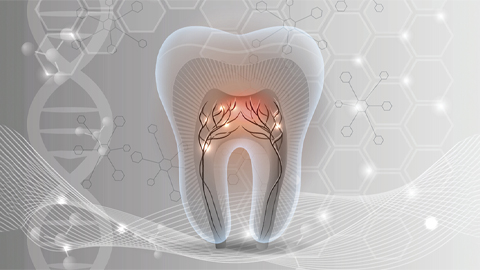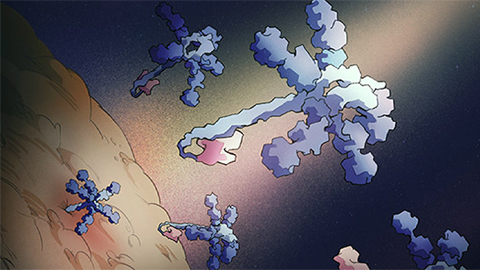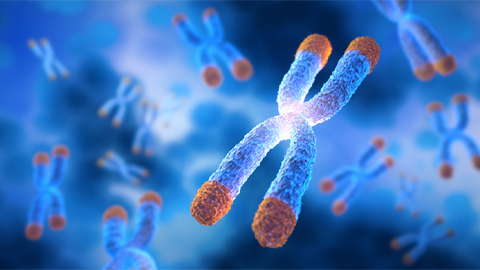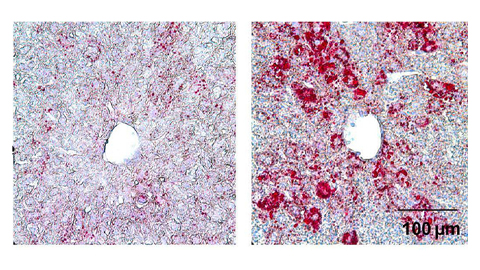Researchers get to the bottom of noninvasive gut tests
New research from the University of British Columbia Okanagan, recently published in the Journal of Biological Chemistry could make monitoring gut health easier and less painful by tapping into a common — yet often overlooked — source of information: the mucus in our digestive system that eventually becomes part of fecal matter.
Correct, what’s in our poop.

Biology researcher Kirk Bergstrom and master’s student Noah Fancy found a noninvasive technique to study MUC2, a critical gut protein, from what we leave behind in the bathroom.
“MUC2 is like the silent star in our guts. It’s constantly working to protect us, and its proper functioning is crucial for our overall health,” Bergstrom said. “It was originally thought that you could only access this important molecule from biopsies or tissue removed via surgery — highly invasive and painful procedures.
“However, our study shows mucus is actually a part of our stool, meaning we can get at it painlessly and at levels we could not before. Anytime we can do analysis noninvasively, it’s a win.”
Clues to health can be found in unexpected places, and Bergstrom’s team found a way to study important gut health markers from fecal-adherent mucus — a term that, in simpler words, refers to the mucus attached to our stool. This mucus, typically ignored and flushed away, contains a trove of information about gut health.
MUC2, a glycoprotein with many sugar chains attached, forms a protective barrier in our intestines in the form of mucus, safeguarding our gut from harmful microbes and toxins and playing a crucial role in digestive health.
Understanding MUC2 better could lead to significant advancements in managing and preventing gut-related diseases, impacting the day-to-day well-being of millions.
“We can use these new methods to visualize mucus–microbiota interactions and how they go wrong in various diseases, like inflammatory bowel diseases and colon cancer,” Bergstrom noted. “The sugars on the mucins also carry lots of information on the health status of the colon.”
Fancy led the work, which was the result of a strong collaborative effort between the Bergstrom Lab and the chemistry lab of Wesley Zandberg and the biology labs of Sepideh Pakpour, Deanna Gibson and Sanjoy Ghosh, all at UBC Okanagan.
This article was originally published in the UBC Okanagan News. You can read the original here.
Enjoy reading ASBMB Today?
Become a member to receive the print edition monthly and the digital edition weekly.
Learn moreGet the latest from ASBMB Today
Enter your email address, and we’ll send you a weekly email with recent articles, interviews and more.
Latest in Science
Science highlights or most popular articles

What is metabolism
A biochemist explains how different people convert energy differently – and why that matters for your health.

What’s next in the Ozempic era
Diabetes, weight loss and now heart health: A new family of drugs is changing the way scientists are thinking about obesity — and more uses are on the horizon.

How a gene spurs tooth development
University of Iowa researchers find a clue in a rare genetic disorder’s missing chromosome.

New class of antimicrobials discovered in soil bacteria
Scientists have mined Streptomyces for antibiotics for nearly a century, but the newly identified umbrella toxin escaped notice.

New study finds potential targets at chromosome ends for degenerative disease prevention
UC Santa Cruz inventors of nanopore sequencing hail innovative use of their revolutionary genetic-reading technique.

From the journals: JLR
How lipogenesis works in liver steatosis. Removing protein aggregates from stressed cells. Linking plasma lipid profiles to cardiovascular health. Read about recent papers on these topics.

